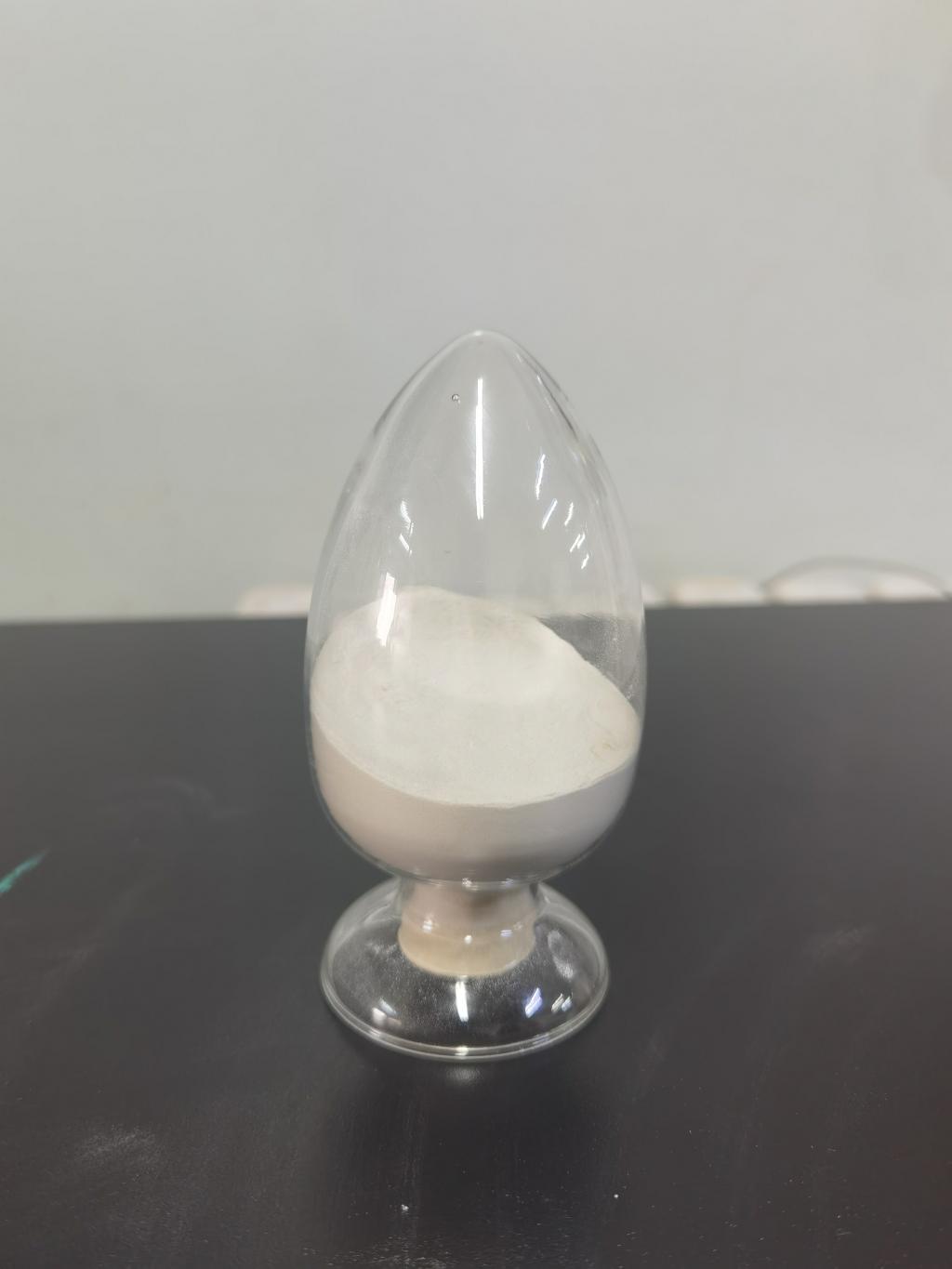Tel:+8618231198596

News
 CONTACT
CONTACT
 CONTACT
CONTACT
- Linkman:Linda Yao
- Tel: +8618231198596
- Email:linda.yao@dcpharma.cn
- Linkman:CHARLES.WANG
- Department:Overseas
- Tel: 0086 0311-85537378 0086 0311-85539701
News
Current Position:
Home >
News
>Nisin's use in improving the stability of probiotics in food products.
Nisin's use in improving the stability of probiotics in food products.
TIME:2024-11-20
The Challenge of Probiotic Stability
The stability of probiotics is critical for their effectiveness in promoting gut health and overall well-being. However, probiotics are sensitive to various environmental factors during production, storage, and digestion. Some of the primary challenges to probiotic stability include:
Temperature Sensitivity: Probiotics are highly sensitive to heat, and exposure to high temperatures during food processing, such as pasteurization or cooking, can significantly reduce the number of viable probiotic organisms.
Oxygen Sensitivity: Probiotic bacteria, particularly anaerobic strains, are sensitive to oxygen. Prolonged exposure to oxygen can cause oxidative stress, leading to the degradation of beneficial bacteria.
Acidity and pH Levels: The pH of food products can impact probiotic stability. Probiotics typically thrive in a specific pH range, and drastic changes in pH levels during food processing or storage can affect their survival.
Storage Conditions: Improper storage, such as exposure to light or high humidity, can also lead to the degradation of probiotics, affecting their viability by the time the product reaches consumers.
Ensuring the viability of probiotics throughout these stages is essential for maintaining the functional benefits of probiotic-rich foods. This is where nisin, a naturally occurring antimicrobial peptide, can play a key role.
What is Nisin?
Nisin is a bacteriocin produced by Lactococcus lactis, a bacterium found in dairy products. It is widely used as a natural preservative due to its antimicrobial properties, which help prevent the growth of spoilage organisms and pathogenic bacteria. Nisin works by disrupting the cell membranes of Gram-positive bacteria, leading to their destruction. It has broad-spectrum antimicrobial activity against a range of bacteria, including those that can spoil food or cause foodborne illness, such as Listeria monocytogenes and Staphylococcus aureus.
In addition to its use as a preservative, nisin has also been explored for its potential to enhance the stability of probiotics in food products. Unlike synthetic preservatives, nisin is considered safe for consumption and is classified as a Generally Recognized as Safe (GRAS) substance by the U.S. Food and Drug Administration (FDA). Nisin’s natural origin and broad antimicrobial properties make it an ideal candidate for improving the stability of probiotics in food formulations.
Nisin’s Role in Improving Probiotic Stability
Protecting Probiotics from Pathogens: One of the primary ways nisin contributes to the stability of probiotics is by preventing the growth of harmful pathogens that could outcompete or inhibit probiotic bacteria. Nisin’s antimicrobial action is particularly effective against Gram-positive bacteria, including pathogenic strains such as Listeria monocytogenes and Clostridium botulinum. By inhibiting the growth of these harmful microorganisms, nisin helps create a safer and more stable environment for probiotic bacteria to thrive.
Synergistic Effect with Probiotics: Nisin has been shown to have a synergistic effect when used in combination with probiotics. Some research suggests that nisin may even enhance the growth of certain probiotic strains by reducing competition from harmful bacteria in the food matrix. By controlling spoilage organisms and pathogens, nisin helps ensure that the probiotic bacteria can remain viable and active throughout the shelf life of the product.
Improving Shelf Life of Probiotic Foods: Nisin’s ability to extend the shelf life of food products is especially valuable in probiotic-containing foods, where the viability of the probiotics is a key factor. By preventing microbial spoilage and reducing the need for refrigeration or other preservation methods, nisin helps maintain the stability of both the food and the probiotics within it. This is particularly important in fermented products like yogurt, kefir, and other dairy-based probiotic foods, where the balance between probiotics and spoilage organisms must be carefully controlled.
Stabilizing Probiotics During Storage and Transport: Probiotic-containing foods are often sensitive to changes in temperature and other environmental factors during storage and transport. Nisin can help mitigate some of these effects by providing a natural protective barrier against bacterial contamination and spoilage. In some cases, nisin may help maintain the integrity of probiotics even under less-than-ideal conditions, ensuring that consumers receive the full health benefits of the product.
Enhancing Digestive Stability: In addition to protecting probiotics during food processing and storage, nisin may also play a role in improving the stability of probiotics in the digestive tract. Probiotics need to survive the acidic conditions of the stomach in order to reach the intestines, where they can exert their beneficial effects. Nisin’s antimicrobial properties may help probiotics survive transit through the stomach by protecting them from harmful bacteria that could disrupt their passage or reduce their effectiveness.
Conclusion
Nisin is a valuable tool in improving the stability of probiotics in food products. By enhancing the survival of probiotics during production, storage, and digestion, nisin helps ensure that these beneficial microorganisms remain viable and effective in promoting gut health and overall wellness. As consumer demand for functional and probiotic-rich foods continues to grow, the use of natural preservatives like nisin will play an increasingly important role in the development of stable, safe, and effective probiotic foods. With its broad-spectrum antimicrobial properties, safety profile, and ability to synergistically support probiotics, nisin offers a promising solution for improving the stability and functionality of probiotic-containing food products.
- Tel:+8618231198596
- Whatsapp:18231198596
- Chat With Skype







